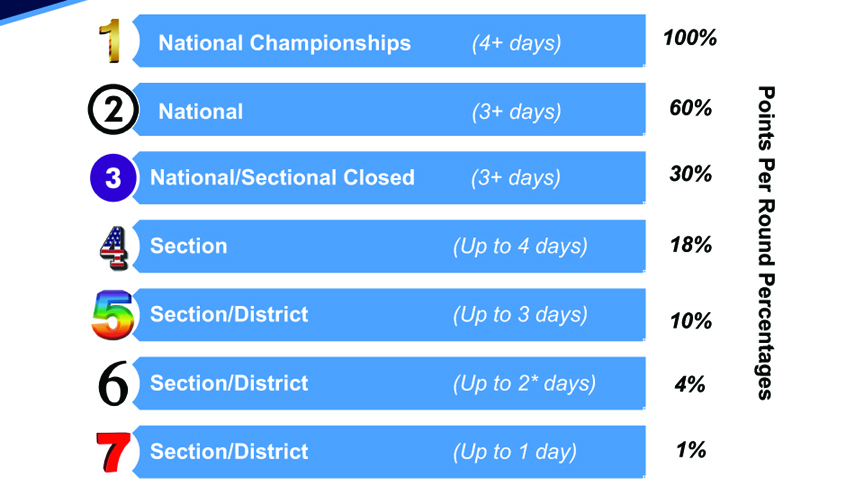Section 230 And Banned Chemicals: A Judge's Decision On EBay Listings

Table of Contents
Understanding Section 230 and its Implications for Online Marketplaces
Section 230 of the Communications Decency Act of 1996 is a cornerstone of internet law in the United States. It provides immunity to online platforms from liability for user-generated content. This means that websites and online marketplaces are generally not held responsible for the content posted by their users, unless they are considered publishers or speakers of that content. This "good Samaritan" clause encourages platforms to actively moderate content, removing illegal or harmful material. However, the extent of this protection and the responsibilities of platforms are constantly debated. The ongoing controversies surrounding Section 230 have led to calls for reform, questioning whether it adequately addresses issues like the sale of illegal goods and the spread of misinformation.
- Definition of Section 230: Provides immunity to online platforms for user-generated content.
- Protection from liability for third-party content: Platforms are generally not liable for what users post.
- Requirements for platform moderation: While not mandated, proactive moderation is encouraged to avoid losing protection.
- Current controversies surrounding Section 230: Concerns regarding the spread of harmful content and the need for stronger platform accountability.
The Case Against eBay: Allegations and Legal Arguments
The case against eBay centered on allegations that the platform knowingly allowed the sale of banned chemicals through its platform. Plaintiffs argued that eBay’s negligence in monitoring and removing listings of these dangerous substances led to harm. They presented evidence of specific listings and alleged that eBay failed to adequately implement its own policies designed to prevent the sale of prohibited items. eBay, in its defense, argued that it proactively works to remove illegal listings and that holding it liable under Section 230 would stifle free speech and discourage platforms from actively moderating content. The core of eBay's defense rested on its assertion that it acted as a neutral platform, not a publisher or speaker of the content posted by its users.
- Types of banned chemicals involved: The specific chemicals involved varied, but the focus was on substances with known hazardous properties.
- Plaintiffs' claims of negligence: Plaintiffs argued that eBay's moderation efforts were insufficient and failed to prevent harm.
- eBay's defense strategy: eBay's defense centered on Section 230 immunity and its efforts to moderate content.
- Evidence presented in court: Evidence included screenshots of listings, user reviews, and internal eBay communications regarding content moderation policies.
The Judge's Decision and its Significance
The judge's decision in this case has significant implications for the interpretation of Section 230 and the responsibilities of online marketplaces. While the specifics of the ruling require careful legal analysis, the outcome holds potential ramifications for how platforms manage the sale of regulated goods. The ruling could lead to increased scrutiny of platform moderation practices and potentially impact the liability protections afforded by Section 230. This decision may also prompt other online marketplaces, such as Amazon and Etsy, to re-evaluate their own policies and procedures regarding the sale of potentially dangerous or restricted items. Further legal challenges and appeals are anticipated.
- Key points of the judge's decision: A detailed breakdown of the ruling's specific points concerning Section 230 and eBay's liability is necessary.
- Impact on eBay's liability: The ruling's impact on eBay's future liability for similar occurrences.
- Implications for other online platforms (Amazon, Etsy, etc.): A ripple effect across other e-commerce platforms is likely.
- Potential legal challenges and appeals: Further legal battles are expected as the ruling is analyzed and challenged.
Conclusion: Section 230, eBay, and the Future of Online Retail Regulation
The judge's decision concerning Section 230 and the sale of banned chemicals on eBay highlights the complex legal landscape of online retail. The ruling’s impact on the balance between platform responsibility and freedom of speech under Section 230 is far-reaching. This case underscores the ongoing debate about online platform accountability and the need for clear guidelines regarding the sale of regulated goods online. The future of e-commerce and online safety hinges on a thoughtful and balanced approach to these critical issues. To stay informed, continue following updates on Section 230, research the details of this case and related legal precedents, and search for information on "Section 230 updates," "banned chemicals online," and "eBay regulations" to keep abreast of developments in this evolving area of law.

Featured Posts
-
 Rekor Baru And Kecelakaan Dramatis Saksikan Ulangan Sprint Race Moto Gp Inggris Di Trans7
May 26, 2025
Rekor Baru And Kecelakaan Dramatis Saksikan Ulangan Sprint Race Moto Gp Inggris Di Trans7
May 26, 2025 -
 Nationwide Tennis Player Base To Hit 25 Million By August 2024 A Comprehensive Report
May 26, 2025
Nationwide Tennis Player Base To Hit 25 Million By August 2024 A Comprehensive Report
May 26, 2025 -
 Gaza Hostages Former Israeli Female Soldiers Urgent Appeal
May 26, 2025
Gaza Hostages Former Israeli Female Soldiers Urgent Appeal
May 26, 2025 -
 Understanding The Hells Angels Myths And Realities
May 26, 2025
Understanding The Hells Angels Myths And Realities
May 26, 2025 -
 The 2024 Tour Of Flanders Van Der Poels Win Pogacars Close Second
May 26, 2025
The 2024 Tour Of Flanders Van Der Poels Win Pogacars Close Second
May 26, 2025
